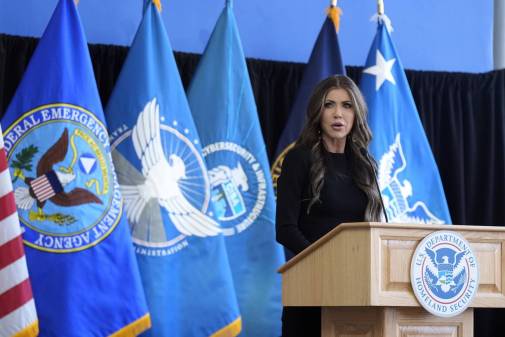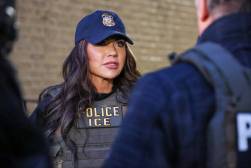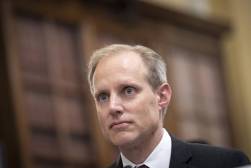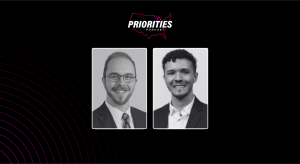Ongoing threats against election administration fuel ‘anxiety and dread,’ officials tell Senate
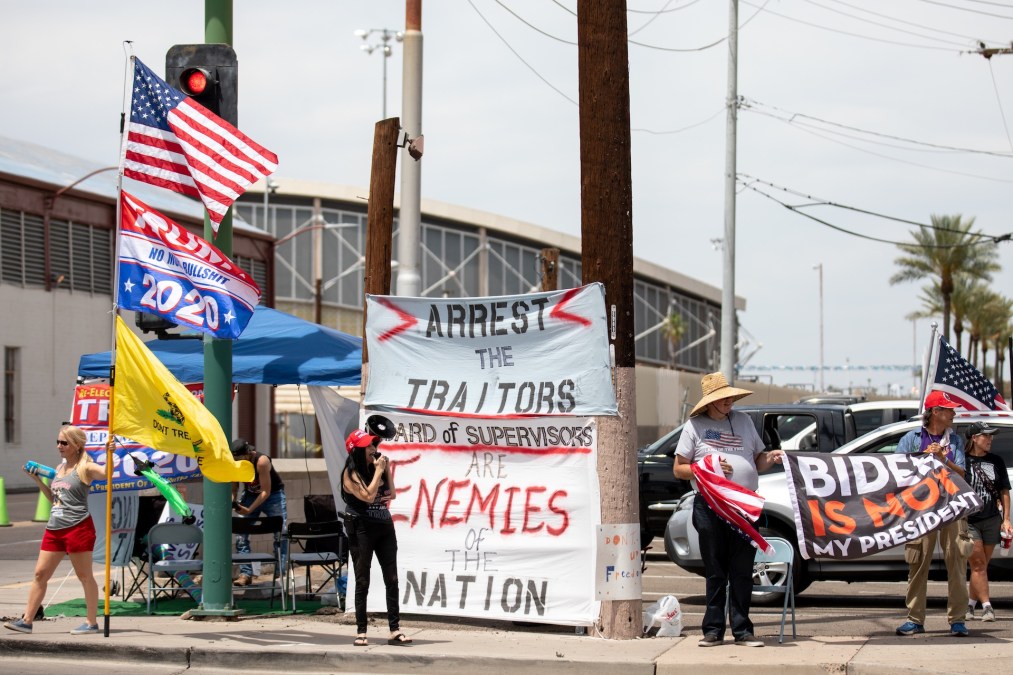
Election officials and a senior Justice Department leader told members of the U.S. Senate Judiciary Committee on Wednesday that additional resources are needed as election workers nationwide face what was described as an unprecedented wave of threats and harassment, much of it fueled by persistent falsehoods and conspiracy theories about the 2020 presidential race.
The hearing also featured testimony from Assistant Attorney General Kenneth Polite, head of the Justice Department’s Criminal Division, on a one-year-old task force created to investigate threats against election workers.
Government officials and nonprofit groups alike have sounded alarms in recent months about threats and harassment election workers have received, an emotional subject for the hearing’s witnesses.
“Free and fair elections are the cornerstone of American democracy,” Kim Wyman, the top election security adviser at the Cybersecurity and Infrastructure Security Agency, said while choking back tears in response to a video compilation of threats and protests against election workers. “Over the course of nearly three decades I had the opportunity to work in elections at the state and local level, and I strived to ensure that principle was upheld.”
Wyman joined CISA last year after many years as Washington’s secretary of state. She said during her testimony that in addition to the cybersecurity resources it’s been providing to state and local election administrators — including guidance on improving cyber hygiene, combatting disinformation and spotting insider threats — CISA is also providing more assistance on physical security at polling places, election administration offices and ballot storage facilities.
‘Profound and unprecedented’ trauma
The Justice Department said Monday that in the year since its creation, the election threats task force had reviewed more than 1,000 reported incidents, 11% of which rose to the level of a criminal investigation. Just five of those have resulted in federal charges, Polite said during Wednesday’s hearing, though he said he expects more in the future.
“The courageous and dedicated men and women who are responsible for administering the most fundamental aspect of our democracy — our elections — should not face threats for merely doing their jobs,” Polite said. “The trauma experienced in this community is profound and unprecedented.”
A few senators’ questions touched on the digital activity that fuels abuse against election workers, including doxxing and targeted harassment on social media. Wyman and the committee’s chairman, Sen. Dick Durbin, D-Ill., discussed a late 2020 incident in which Washington state elections director Lori Augino, who’d publicly refuted then-President Donald Trump’s denial of the results, had her personal contact information published online alongside a poster of her photo inside crosshairs.
“Doxxing is a problem, and it is across the election community,” Wyman, fighting back tears again, told Durbin. “It was unnerving, when my election director’s information was put out. That’s part of why I joined CISA, to provide state and local officials with resources they don’t have.”
She said CISA works with the Justice Department and other law enforcement to get better reporting on attacks like doxxing, and to help election offices reduce the risk that workers’ personal information is shared maliciously. In a second panel during Wednesday’s hearing, New Mexico Secretary of State Maggie Toulouse Oliver said her office has started using services that scrub her employees’ personal identifying information from the internet.
Sen. Thom Tillis, R-N.C., who said he’s been the victim of doxxing, asked Polite if the Justice Department can pursue tougher penalties against people who carry out such campaigns.
“I hope they all get convicted and serve time,” Tillis said. He mentioned a recent bill that would double penalties for people convicted of threatening or intimidating election workers, voters and candidates.
‘Here today because of a lie’
The hearing’s second panel took aim at the trauma election officials and workers continue to experience nearly two years after the last national election. Michigan Secretary of State Jocelyn Benson said an “omnipresent feeling of anxiety and dread” has set in since a December 2020 evening when a crowd, angry over the certification of Trump’s loss in the state, gathered outside her home shouting obscenities and threats into bullhorns.
“Not long ago my son, standing in our driveway, picked up a stick, turned to me and said, ‘Don’t worry mom, if the bad guys come again I’ll get them with this.’ He’s six,” Benson said.
Benson and other panelists were also animated by the fact that the threats election workers receive are largely motivated by a false story told about the 2020 election.
“We are here today because of a lie,” said Matt Crane, the executive director of the Colorado County Clerks Association, which represents that state’s local election administrators, “and quite frankly we’re here today because of an absence of leadership from elected officials at the federal level and the state level to step up and support election officials.”
Benson and Oliver, both Democrats up for re-election this year and facing opponents who’ve openly claimed the 2020 race was “rigged,” said that people who work in and volunteer for elections do so out of civic obligation rather than partisan reasons.
“The people on the ground, those are volunteers, individuals, of all political parties and no political party,” Benson said. “People who believe it’s their civic duty.”
“We’re fighting to save the vote for everyone,” Oliver said.
